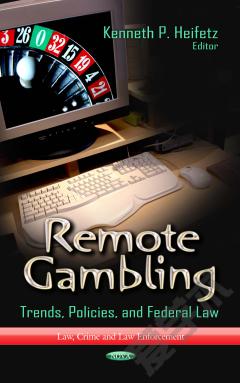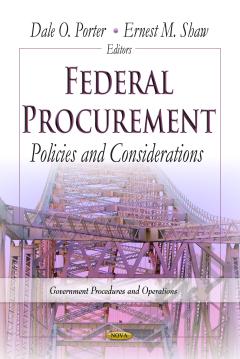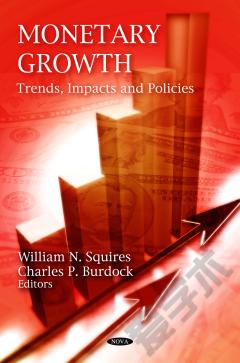Remote Gambling: Trends, Policies, and Federal Law
Gambling, once widely outlawed, is now a regulated, taxed activity that is legal in some form - bingo, card games, slot machines, state-run lotteries, casinos -- in all but two states. State governments have the main responsibility for overseeing gambling, but Congress historically has played a significant role in shaping the industry. Since passage of the Unlawful Internet Gambling Enforcement Act in 2006, congressional focus has moved to remote gambling. Remote gambling refers to gambling that does not occur in a casino, bingo hall, or store selling lottery tickets. Remote gambling includes gambling over the Internet as well as gambling using devices that may communicate by other means, such as by telephone or direct satellite links. This book explores the rise of remote gaming and its potential implications for the broader gambling industry, including traditional and tribal gaming.
{{comment.content}}








 京公网安备 11010802027623号
京公网安备 11010802027623号